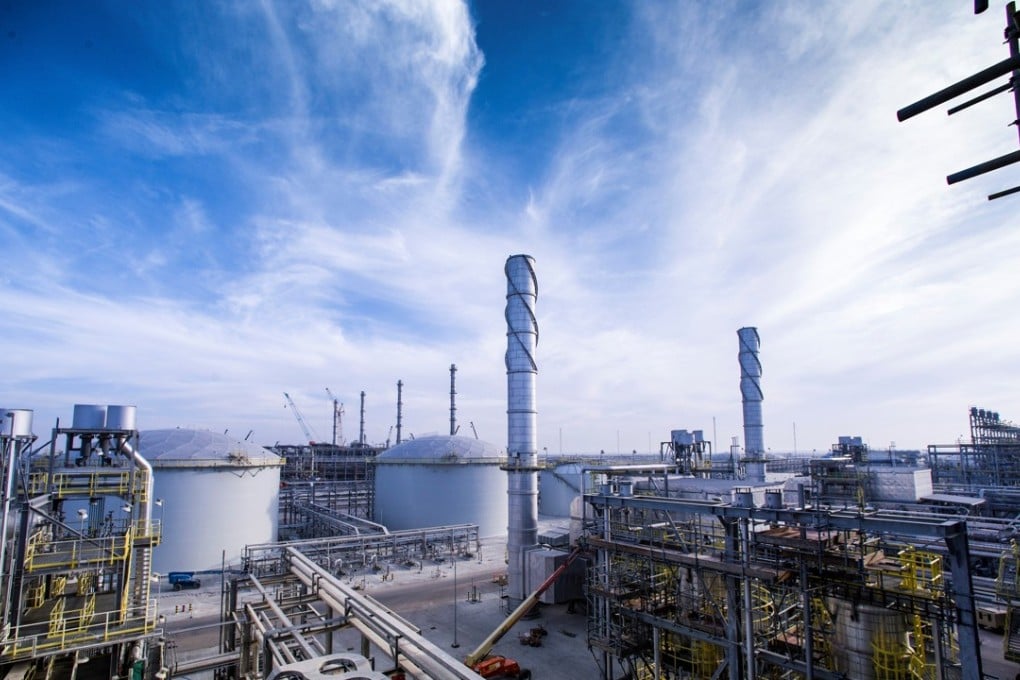Abacus | A crude plan: Chinese oil demand could see Saudi give America the slip
As Saudi Aramco prepares to float on international capital markets, Beijing may have the perfect opportunity to buy the loyalties of the world’s largest oil exporter

Kim Philby achieved undying infamy as the senior British intelligence officer who, for decades through the cold war, fed British and American secrets to the Soviet Union before finally defecting to live out his days as a KGB colonel in Moscow.
Less well known, but with a greater impact on history, was his father, Harry St John Bridger Philby, or Abdullah Philby, as he was known after his conversion to Islam.
Like his son after him, Philby the father was also a spy. During the first world war, he was tasked, alongside his colleague TE Lawrence, with stirring up a tribal revolt in Arabia against the Ottoman Empire.
After the war, he was given responsibility for suppressing Arab opposition to the British presence in the region. But like his son, Philby also jumped the fence, converting to Islam and becoming a senior adviser to the newly crowned Arabian king, Ibn Saud, who would go on to give his name to his country.
In the early years of his reign, Ibn Saud had been happy to rule as a client of the British. But in 1936, Philby persuaded the king to switch his allegiance away from the British and to the rising power of the United States, a feat he achieved by offering Saudi’s exclusive oil concession to the US oil companies Texaco and Chevron (or SoCal as it was then called) rather than to the established British giant BP.
That is why Saudi Arabia’s monopoly state oil company is today called Aramco – the Arab-American oil company – rather than Arbroco. In effect, Saudi has remained a client state of the US ever since, closely allied to Washington and heavily reliant on US military backing.
